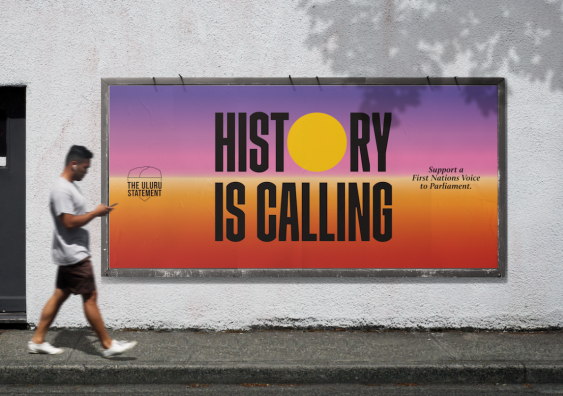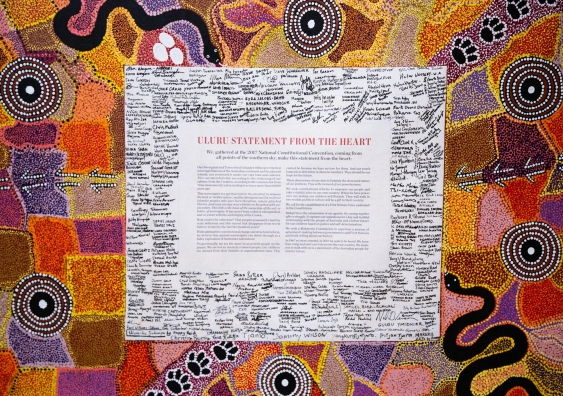Five years since the Uluru Statement was gifted to the Australian people by First Nations delegates, there is a “renewed energy” to implement its reforms.
That is the assessment of Professor Megan Davis, UNSW Balnaves Chair in Constitutional Law and Co-chair of the Uluru Dialogue at UNSW Indigenous Law Centre.
“We’re confident we have the impetus and momentum to turn the Uluru Statement proposal for a Voice to Parliament into tangible action,” Prof. Davis says.
“Next steps are confirming a timeline for a referendum and the drafting of a bill.”
On Saturday, the recently elected Prime Minister Anthony Albanese made the new government’s position clear – one that was echoed throughout the election campaign.
It came in the first sentence of his victory speech: “I commit to the Uluru Statement in full.”
Read more: 'History is calling': The stars are aligning for the Uluru Statement
It is the first time that a government has committed to a referendum on a First Nations Voice to Parliament since the Uluru Statement was issued in 2017.
“It’s been a big five years. We’ve done a lot of work to get ready for this moment,” Prof. Davis says.
Last month, a meeting with Uluru Dialogue First Nations delegates in Yarrabah proposed dates for a referendum. Those two dates are 27 May 2023 or 27 January 2024.
27 May 2023 will be the 56th anniversary of the successful 1967 referendum.
This sense of historical significance is clear in the words of the Uluru Statement: In 1967 we were counted, in 2017 we seek to be heard.

The Uluru Dialogue is running an education campaign on a First Nations Voice to Parliament. Photo: Uluru Dialogue.
On that day in 2017, as the sun cast its golden light on Uluru – the home of the Anangu – the Uluru Statement from the Heart was read out for the first time.
After months of dialogues across Australia with Aboriginal and Torres Strait Islander communities, First Nations delegates called for the Australian people to “walk with us in a movement of the Australian people for a better future”.
Read more: Four years after Uluru, the chance for an enduring Voice dawns
The poetic statement called for two fundamental reforms: a First Nations Voice to Parliament enshrined in Australia’s Constitution, followed by the establishment of a Makarrata Commission for agreement-making (treaty) and a process for truth-telling.
Today, half a decade later, the path forward seems clearer.
“History is calling,” Prof. Davis says.
“We will continue to work towards creating a better future for all Australians by working alongside the Federal Government on a date for a referendum.”



